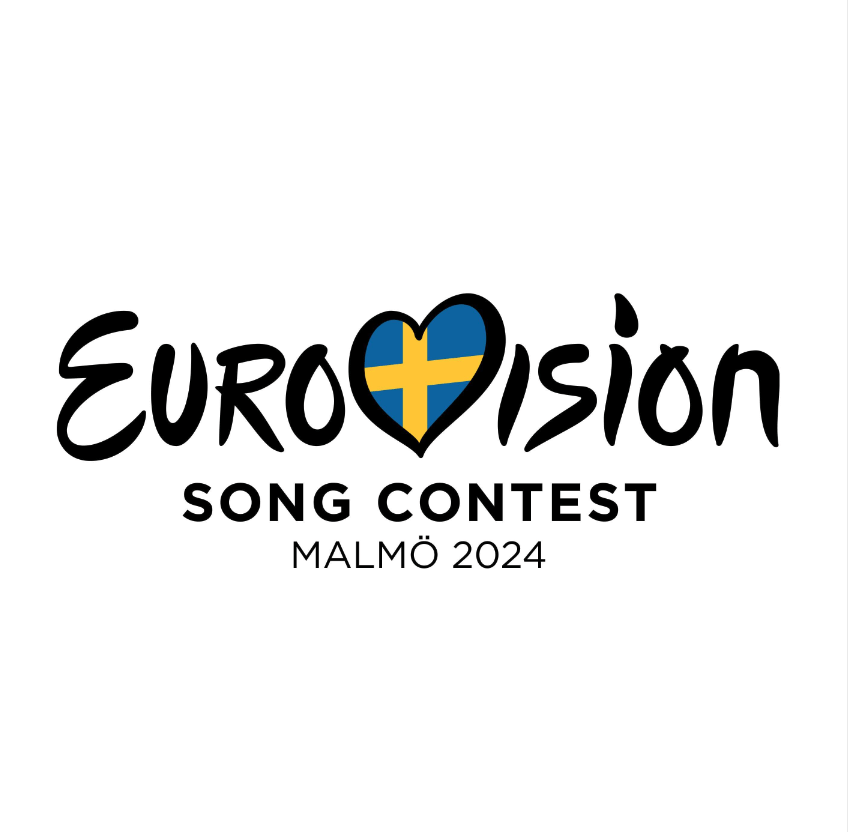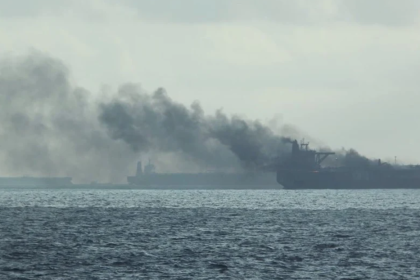Thousands of demonstrators gathered in Malmo, Sweden, to express their opposition to Israel’s participation in the Eurovision song contest. The protests occurred during the competition’s second semi-final, where Israeli contestant Eden Golan took the stage. This event highlighted ongoing political tensions and the impact they can have on international cultural events like Eurovision.
Details of the Event
The city of Malmo, which hosted the semi-final on Thursday, became the focal point for both pro-Palestinian and pro-Israeli demonstrators. The pro-Palestinian group, significantly larger in number, was part of a peaceful protest that drew attention to their stance against Israel’s participation in the contest. Swedish police estimated that the demonstration attracted as many as 12,000 participants, underscoring the scale of the protest.
Eden Golan’s Performance
Amid the external tensions, Eden Golan performed her song “Hurricane” to a mixed reaction from the audience. While she faced boos during her rehearsal on Wednesday, the response during the actual performance was more varied, with both cheers and boos audible, indicating differing opinions among the Eurovision spectators.
Notable Attendance
Noteworthy among the attendees at the pro-Palestinian demonstration was climate activist Greta Thunberg, whose presence highlighted the intersection of political activism and cultural events. Her participation signaled the breadth of issues and the diverse support for the Palestinian cause at such public demonstrations.
Conclusion
The protests in Malmo reflect the complex interplay between culture, politics, and public opinion, illustrating how international events like Eurovision can become arenas for expressing broader socio-political concerns. The situation in Malmo is a reminder of the challenges that arise when cultural showcases intersect with geopolitical disputes.







